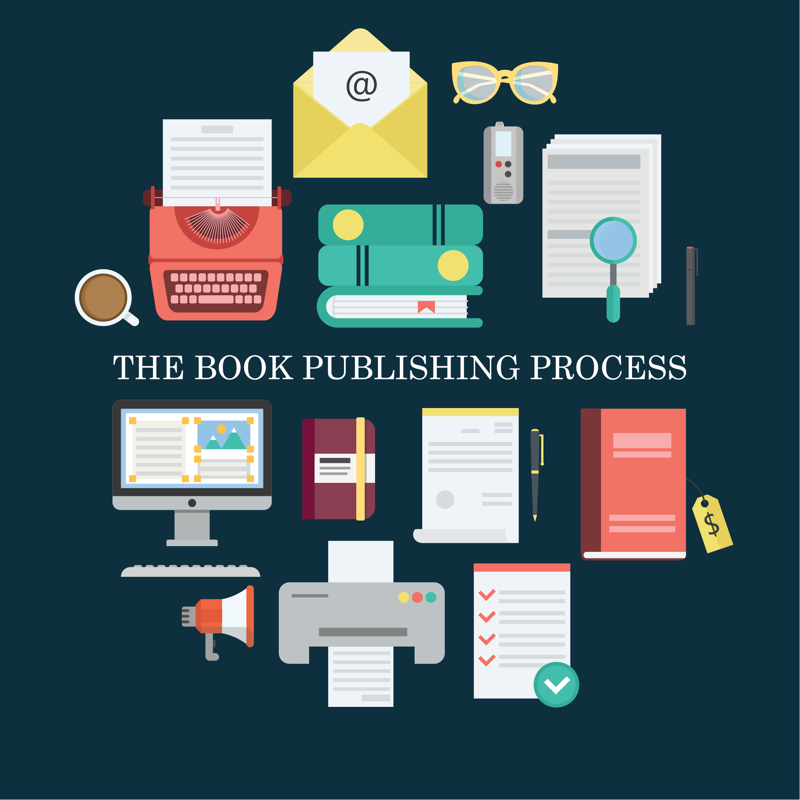Introduction
In the vast landscape of the publishing industry, book publishing companies play a pivotal role in bringing authors’ literary works to life. From traditional publishing houses to independent presses and self-publishing platforms, there is a wide array of options available for authors seeking to publish their books. In this comprehensive guide, we’ll delve into the world of book publishing companies, exploring the different types, key considerations for authors, and notable players in the industry.
Understanding Book Publishing Companies
What Are Book Publishing Companies?
Book publishing companies are entities responsible for acquiring, editing, producing, distributing, and marketing books. They serve as intermediaries between authors and readers, facilitating the process of transforming manuscripts into published works. Book publishing companies vary in size, scope, and business model, ranging from multinational corporations to boutique independent presses.
Types of Book Publishing Companies
- Traditional Publishing Houses: Traditional publishing houses are established companies that follow a traditional model of acquiring manuscripts, editing, designing, printing, and distributing books. They typically pay authors advances and royalties based on book sales.
- Independent Presses: Independent presses, also known as indie publishers, are smaller publishing companies that operate independently of the major conglomerates. They often focus on niche genres or specialize in particular types of literature.
- Self-Publishing Platforms: Self-publishing platforms empower authors to publish their books independently, bypassing traditional publishing houses. These platforms provide authors with tools and services for manuscript formatting, cover design, distribution, and marketing.
Key Considerations for Authors
Factors to Consider When Choosing a Book Publishing Company
- Publishing Goals: Consider your publishing goals, whether you prioritize creative control, royalty rates, distribution channels, or marketing support.
- Genre and Audience: Look for publishing companies that specialize in your genre and cater to your target audience.
- Submission Guidelines: Review submission guidelines carefully to ensure your manuscript aligns with the publisher’s interests and requirements.
Benefits and Drawbacks of Different Publishing Paths
- Traditional Publishing: Offers access to established distribution networks, editorial support, and marketing resources. However, it can be highly competitive, with long lead times and limited control over the publishing process.
- Independent Presses: Provides opportunities for niche and experimental literature, with greater flexibility and personal attention from publishers. However, advances and royalties may be lower, and distribution channels may be limited.
- Self-Publishing: Empowers authors with full creative control, higher royalty rates, and faster time-to-market. However, authors bear the responsibility for all aspects of production, distribution, and marketing.
Notable Book Publishing Companies
Traditional Publishing Houses
- Penguin Random House: One of the largest and most prestigious publishing houses, Penguin Random House publishes a wide range of fiction and non-fiction titles under imprints such as Knopf, Viking, and Penguin Books.
- HarperCollins: A global publishing company with a diverse portfolio of imprints, including Harper, William Morrow, and Avon Books, HarperCollins publishes bestselling authors across multiple genres.
- Simon & Schuster: Known for its literary and commercial fiction, Simon & Schuster publishes an extensive list of bestselling authors, including Stephen King, John Grisham, and Doris Kearns Goodwin.
Independent Presses
- Graywolf Press: A leading independent publisher of literary fiction, non-fiction, and poetry, Graywolf Press is known for its commitment to championing diverse voices and innovative literature.
- Coffee House Press: Based in Minneapolis, Coffee House Press publishes literary fiction, essay collections, and poetry by emerging and established authors, with a focus on experimental and boundary-pushing work.
- Akashic Books: Akashic Books specializes in urban literary fiction and multicultural literature, publishing groundbreaking works by authors from marginalized communities around the world.
Self-Publishing Platforms
- Amazon Kindle Direct Publishing (KDP): As one of the largest self-publishing platforms, KDP offers authors the ability to publish and distribute eBooks and print-on-demand paperbacks worldwide, with access to Amazon’s vast audience of readers.
- Draft2Digital: Draft2Digital provides authors with tools to format, publish, and distribute eBooks to multiple online retailers, including Amazon, Apple Books, Barnes & Noble, and Kobo.
- Smashwords: Smashwords offers a comprehensive self-publishing platform for eBooks, providing authors with distribution to major eBook retailers, customizable pricing options, and marketing tools.
Conclusion
Navigating the world of book publishing companies can be both exciting and daunting for authors. By understanding the different types of publishing companies, considering key factors such as publishing goals and genre preferences, and exploring notable players in the industry, authors can make informed decisions about the best Book Publishing Companies path for their books. Whether pursuing traditional publishing, seeking out independent presses, or embracing self-publishing platforms, authors have more options than ever to share their stories with readers around the world. Ultimately, the key to success lies in finding the right publishing partner that aligns with your vision, values, and aspirations as an author.




